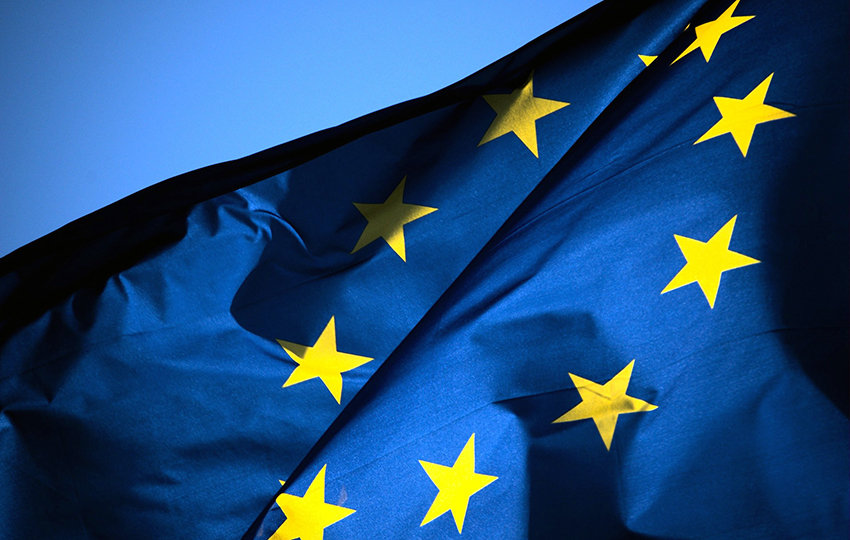
The third transnational meeting of the European project “Creative Holism to Improve Management and Entrepreneurial Role models and Approaches”, implemented under the LDV Transfer of innovation, was held in Krakow on 10-11 March 2014.
The CHIMERA project intends to support improvements in quality and innovation in vocational education by fostering the integration of learning with working life, promoting more learning conducive environments at the workplace, work-placed training and apprenticeship pathways as a basis for development of vocational skills relevant to the labor market needs.
This general aim will be achieved through the development of creative skills among entrepreneurs and managers to improve new innovation-driven role models and management approaches.
During the conference, a number of issues were discussed, especially concerning the experimental method for measuring creativity and the specific target groups of the project. In addition, the creation of a work program for the exchange of ideas and the implementation of experimental laboratories (CREAlabs) was also discussed between the partners. The experimental laboratories (CREAlabs) will be designed to facilitate expression, extend and enhance creative thinking in business through the implementation of innovative ways of learning and sharing creative and entrepreneurial skills.
Finally, the discussion moved on to the collection of the National standard reference results (from all the partners), the presentation of the project’s communication materials and activities and all dissemination actions, as well as the monitoring of quality in order to fulfill the set goals and objectives.
The 4th partnership meeting is set to take place in Spain (September 22nd-23rd, 2014).
Dr. Anastasios Vasiliadis, the President of the Institute of Entrepreneurship Development attended the meeting, together with representatives of all partner organizations from Poland, Italy and Spain.
 This project has been funded with support from the European Commission.
This project has been funded with support from the European Commission.
This publication reflects the views only of the author, and the Commission cannot be held responsible for any use which may be made of the information contained therein.

